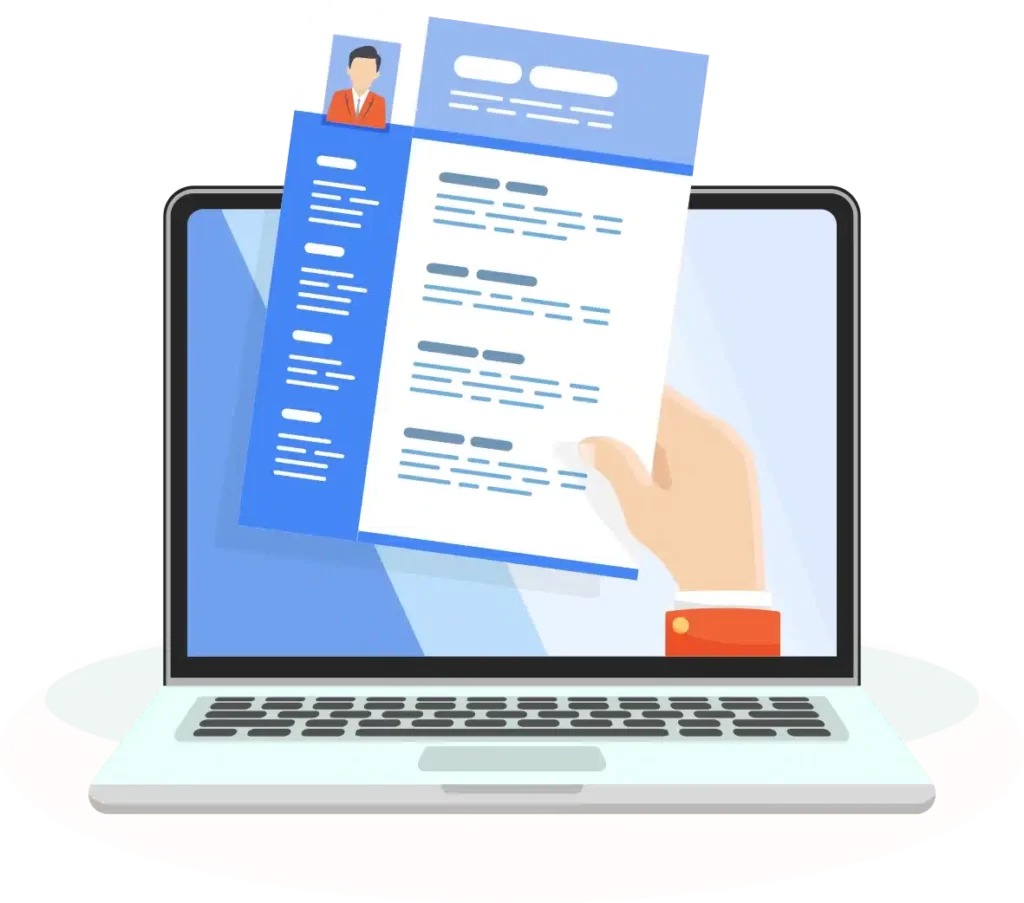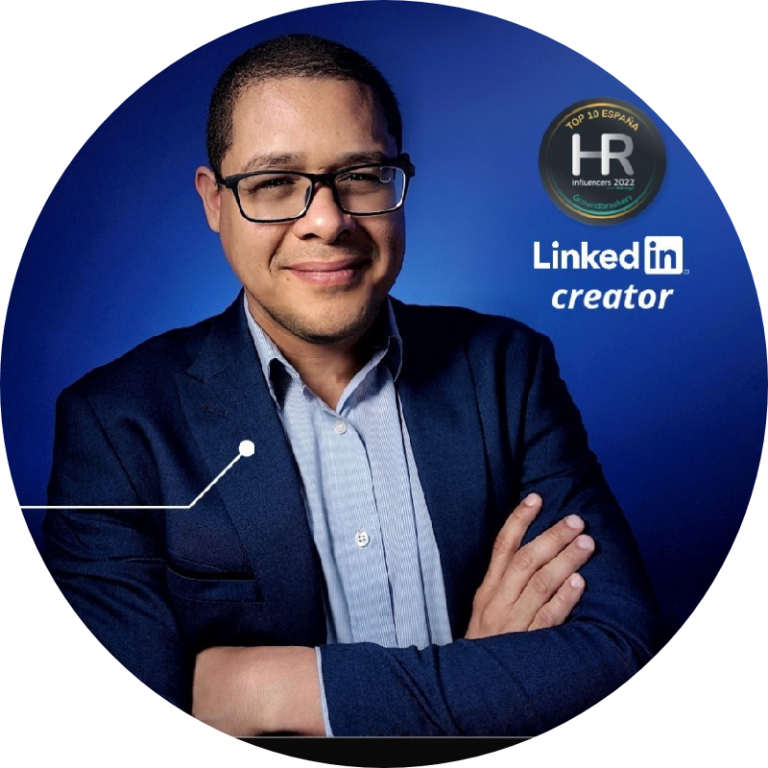How to Prepare for a Dutch Job Interview
Preparing for a job interview in the Netherlands can be a unique experience compared to other countries. Dutch culture places a strong emphasis on honesty, direct communication, and a healthy work-life balance, so it's crucial to adapt your interview techniques accordingly. In this article, we will explore effective strategies for preparing for a Dutch job interview, including understanding the corporate culture, common interview questions, and how to present yourself in the best light.
Understanding Dutch Corporate Culture
Understanding the corporate culture in the Netherlands is one of the first steps toward effective interview preparation. Dutch companies tend to operate in a flat hierarchy, which promotes open communication and collaboration among employees at all levels.
The Importance of Direct Communication
In a Dutch work environment, directness is valued over euphemisms or ambiguity. Interviewers will often appreciate candidates who can clearly articulate their thoughts and opinions. Here are three key points to remember about communication in a Dutch interview:
-
Be Honest: Dutch people generally expect candidates to be transparent about their skills, experiences, and even their weaknesses. Highlighting your failures and what you've learned from them can demonstrate self-awareness and resilience.
-
Use Clear and Simple Language: Avoid jargon, overly complex explanations, or inflated language. Stick to clear and concise answers that directly address the question.
-
Encourage Dialogue: Be prepared to ask your own questions during the interview. Engaging in a two-way conversation shows your enthusiasm for the position and allows you to gather more information about the company culture and expectations.
Work-Life Balance
Another important aspect of Dutch corporate culture is the emphasis on work-life balance. Dutch employees often appreciate companies that respect their personal time. During your interview, consider discussing how you prioritize this balance in your own professional life. Share examples of how you manage your workload while ensuring personal time for family or hobbies.
Common Interview Formats in the Netherlands
In the Netherlands, interviews can take various forms depending on the company and the level of the position. Understanding what to expect can help you tailor your preparation effectively.
Types of Interviews
-
One-on-One Interviews: This format is the most common and typically involves a direct conversation with a hiring manager or team leader. Be ready for both technical and behavioral questions, as interviewers will want to assess both your qualifications and your fit within the team.
-
Panel Interviews: In a panel interview, multiple interviewers will question you simultaneously. This format can be more intimidating, but it also provides an opportunity to showcase your adaptability and ability to engage with various personalities.
-
Assessment Centers: Some companies might use an assessment center as part of their selection process. This could include group exercises, case studies, presentations, and role-playing scenarios. These activities are designed to evaluate your teamwork, problem-solving skills, and how you operate under pressure.
-
Online Interviews: Since the COVID-19 pandemic, remote interviews have become more common. Make sure you have compatible technology, and prepare your environment to minimize distractions. A professional backdrop and a quiet space work wonders.
Common Interview Questions
Preparation is key when it comes to interview questions. Here are some common ones you may encounter during a Dutch job interview:
-
Tell us about yourself: This is usually open-ended and allows you to introduce your professional and personal background. Aim for a balance between work experience and personal insights that reflect your character.
-
What are your strengths and weaknesses?: Again, be honest while focusing on strengths that directly relate to the job. Regarding weaknesses, choose something you're actively working to improve.
-
Why do you want to work here?: Show that you've done your homework on the company. Discuss what values align with your own and how the position aligns with your career goals.
-
Describe a challenging situation at work and how you overcame it: Use the STAR method (Situation, Task, Action, Result) to structure your response effectively.
Researching the Company
Before your interview, do thorough research on the company. Understand its mission, values, culture, and recent news. Familiarize yourself with their products or services and their position within the industry. Being well-informed will not only help you answer questions better but also enable you to ask insightful questions that demonstrate your interest in the company.
Presentation and Body Language
Your presentation and body language can play a significant role in the outcome of your Dutch job interview. Here's how to make a lasting impression.
Dress Code
When it comes to attire, Dutch companies can be somewhat formal or casual depending on the sector. However, it’s better to err on the side of caution. Business casual is often acceptable in many fields, but when in doubt, choose business professional attire. Men usually opt for a suit and tie, whereas women might wear a tailored dress or a suit.
Nonverbal Communication
-
Eye Contact: Maintain eye contact while speaking and listening. This shows confidence and engagement.
-
Handshakes: A firm handshake is a common way to greet your interviewers. It reflects confidence and professionalism.
-
Posture: Sit up straight, as a relaxed yet attentive posture conveys interest and enthusiasm. Avoid crossing your arms, as this may signal defensiveness.
-
Listen Actively: Show that you are engaged in the conversation by nodding or using verbal affirmations like “yes” or “I see.”
Practical Exercises for Interview Preparation
Preparing for a job interview should not just be about reading lists of potential questions. Instead, incorporate practical exercises into your preparation.
Mock Interviews
Consider organizing mock interviews with a friend or a career coach. This practice can help you get comfortable with speaking in a professional context and help refine your answers. Choose someone who can give constructive feedback about your strength and areas for improvement.
Review Your CV
Having a polished CV is essential for making a strong impression. Review your CV carefully and prepare to discuss each item on it. Remember, your CV serves as a starting point for the interview questions, so be ready to elaborate on your experiences and accomplishments.
Stay Informed About Current Events
If your position requires knowledge of the industry, stay updated on current events relevant to the sector. This knowledge can provide excellent talking points during your interview and shows your passion for the field.
Conclusion
Preparing for a Dutch job interview requires understanding the local corporate culture, practicing common interview formats, being mindful of your presentation, and keeping updated with industry news. Take these key strategies and incorporate them into your preparation routine to enhance your chances of success.
Moreover, if you need assistance with your job application materials, we offer an effective CV template based on the Harvard model. This template includes comprehensive guidelines and recommendations to help you craft a remarkable CV that captures the attention of potential employers. For more information, visit our website: Download the perfect CV according to Harvard CV.
Best of luck in your job search and remember: preparation is key!





